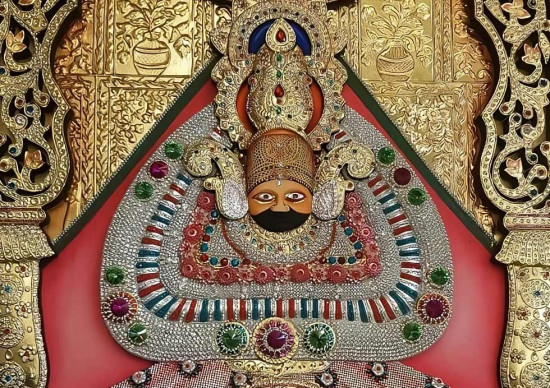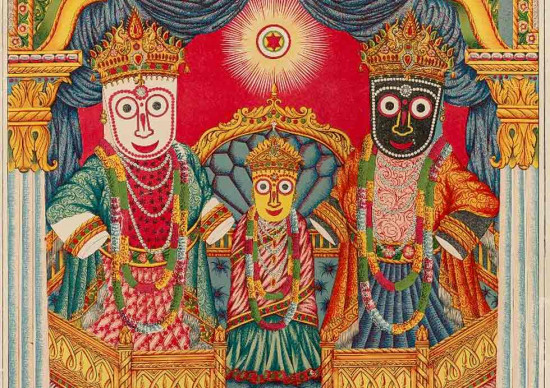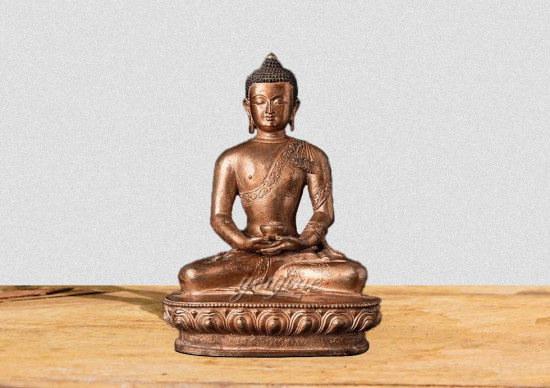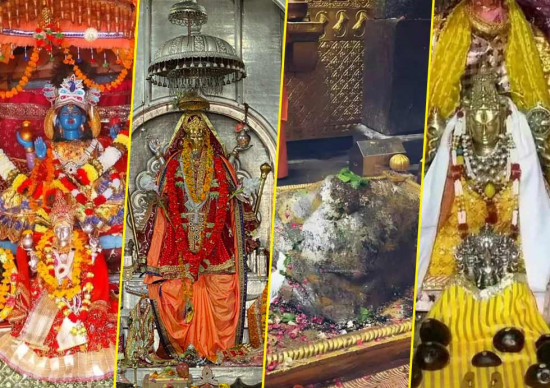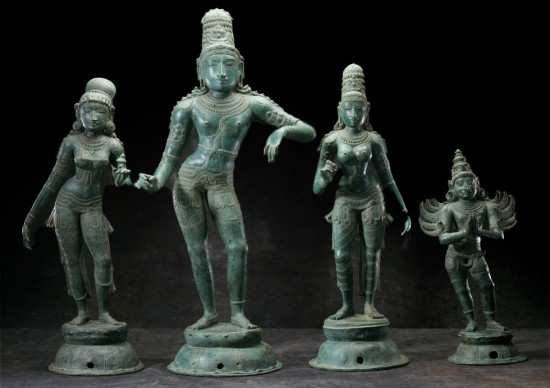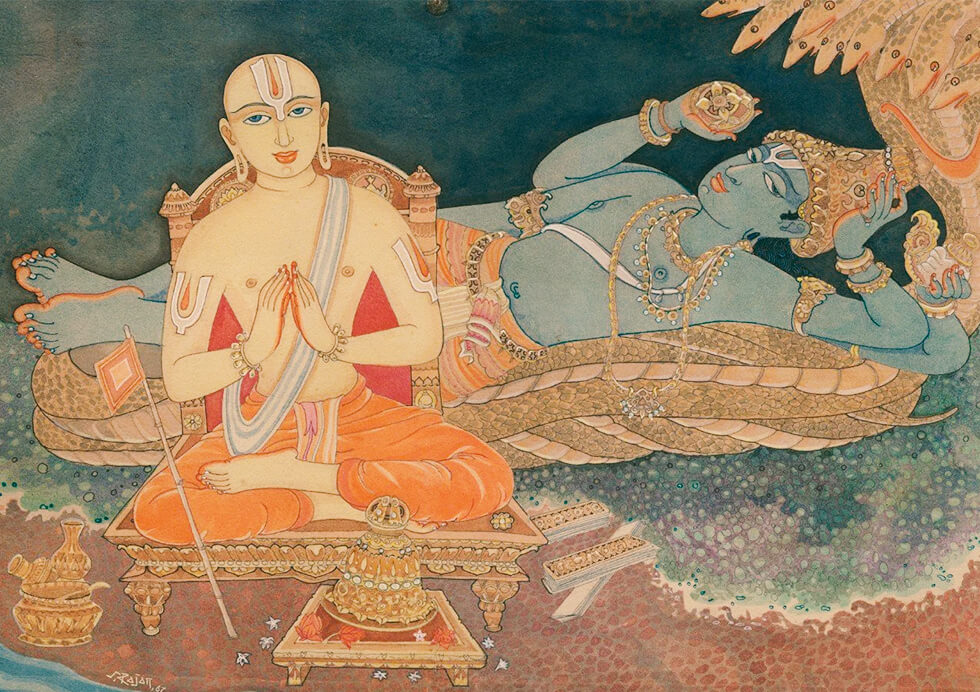
Vaishnavism, a prominent tradition within Hinduism, boasts a rich tapestry of saints and philosophers. Among them, Sri Ramanuja stands out as a matchless devotee and Vedantin whose life and teachings continue to inspire generations. This blog delves into the life of Ramanuja, exploring his birth, spiritual journey, and contributions to the Vaishnava tradition.
Sri Ramanuja, born into a Tamil Brahmin community in Sriperumbudur (present-day Tamil Nadu) during the Chola Empire, is revered as a key figure in Vaishnavism. Traditional hagiographies state that he was born to Kānthimathi and Asuri Keshava Somayāji, placing his life between 1017–1137 CE. However, modern scholars suggest a slightly different timeline, proposing that Ramanuja may have lived from 1077–1157 CE based on temple records and regional literature.
Ramanuja’s spiritual journey took him from Sriperumbudur to Kānchipuram, where he studied under Yādava Prakāśa as his guru. Despite frequent disagreements in interpreting Vedic texts, Ramanuja’s quest for knowledge continued. Following the separation from his guru, he attempted to meet the renowned Vedanta scholar Yamunāchārya, but fate intervened, and they never crossed paths.
Sri Ramanuja, a prominent figure in the 11th Century, emerges as a profound devotee of Lord Vishnu and an accomplished scholar in Vedanta. His Vishishtadvaita philosophy distinguishes itself as one of the three major Vedantic schools in India, alongside Shankaracharya’s Advaita Vedanta and Madhvacharya’s Dvaita Vedanta. Aligning himself with the established Sri Sampradaya under Yamunacharya, a respected Vaishnava acharya, Ramanuja played a pivotal role in its evolution.
Sri Ramanuja, born into a Tamil Brahmin community in Sriperumbudur (present-day Tamil Nadu) during the Chola Empire, is revered as a key figure in Vaishnavism. Traditional hagiographies state that he was born to Kānthimathi and Asuri Keshava Somayāji, placing his life between 1017–1137 CE. However, modern scholars suggest a slightly different timeline, proposing that Ramanuja may have lived from 1077–1157 CE based on temple records and regional literature.
Ramanuja’s spiritual journey took him from Sriperumbudur to Kānchipuram, where he studied under Yādava Prakāśa as his guru. Despite frequent disagreements in interpreting Vedic texts, Ramanuja’s quest for knowledge continued. Following the separation from his guru, he attempted to meet the renowned Vedanta scholar Yamunāchārya, but fate intervened, and they never crossed paths.
Sri Ramanuja, a prominent figure in the 11th Century, emerges as a profound devotee of Lord Vishnu and an accomplished scholar in Vedanta. His Vishishtadvaita philosophy distinguishes itself as one of the three major Vedantic schools in India, alongside Shankaracharya’s Advaita Vedanta and Madhvacharya’s Dvaita Vedanta. Aligning himself with the established Sri Sampradaya under Yamunacharya, a respected Vaishnava acharya, Ramanuja played a pivotal role in its evolution.

Legend attributes the origin of Sri Sampradaya, dedicated to the glorification of Vishnu or Narayana, to Goddess Sri, an alternative name for Lakshmi, the consort of Vishnu. Succeeding Yamunacharya as the head of Srirangam Mutt, a significant center of Sri Sampradaya, Ramanuja spent considerable time there, composing his masterpiece, The Sri Bhasya.
In his Vishishtadvaita philosophy, Ramanuja posits that Prakriti (matter), Jiva (self), and Brahman (supreme) are distinct realities. While both Prakriti and Jiva share Brahman’s essence, they maintain individuality and eternal existence, dependent on Brahman, analogous to the soul-body relationship. Ramanuja emphasizes that complete surrender and deep devotion to Vishnu are crucial for the liberation of Jiva.
Vishishtadvaita stands in stark contrast to Shankaracharya’s Advaita philosophy, marking Ramanuja as the first philosopher to challenge and offer an alternative interpretation of Vedantic texts. Relying on the same scriptures as Shankara, namely the Brahma Sutras, Upanishads, and Bhagavad Gita, Ramanuja’s intellectual prowess earns him high regard, and he is honored as Yatiraja, the king among Yogis.
In his Vishishtadvaita philosophy, Ramanuja posits that Prakriti (matter), Jiva (self), and Brahman (supreme) are distinct realities. While both Prakriti and Jiva share Brahman’s essence, they maintain individuality and eternal existence, dependent on Brahman, analogous to the soul-body relationship. Ramanuja emphasizes that complete surrender and deep devotion to Vishnu are crucial for the liberation of Jiva.
Vishishtadvaita stands in stark contrast to Shankaracharya’s Advaita philosophy, marking Ramanuja as the first philosopher to challenge and offer an alternative interpretation of Vedantic texts. Relying on the same scriptures as Shankara, namely the Brahma Sutras, Upanishads, and Bhagavad Gita, Ramanuja’s intellectual prowess earns him high regard, and he is honored as Yatiraja, the king among Yogis.
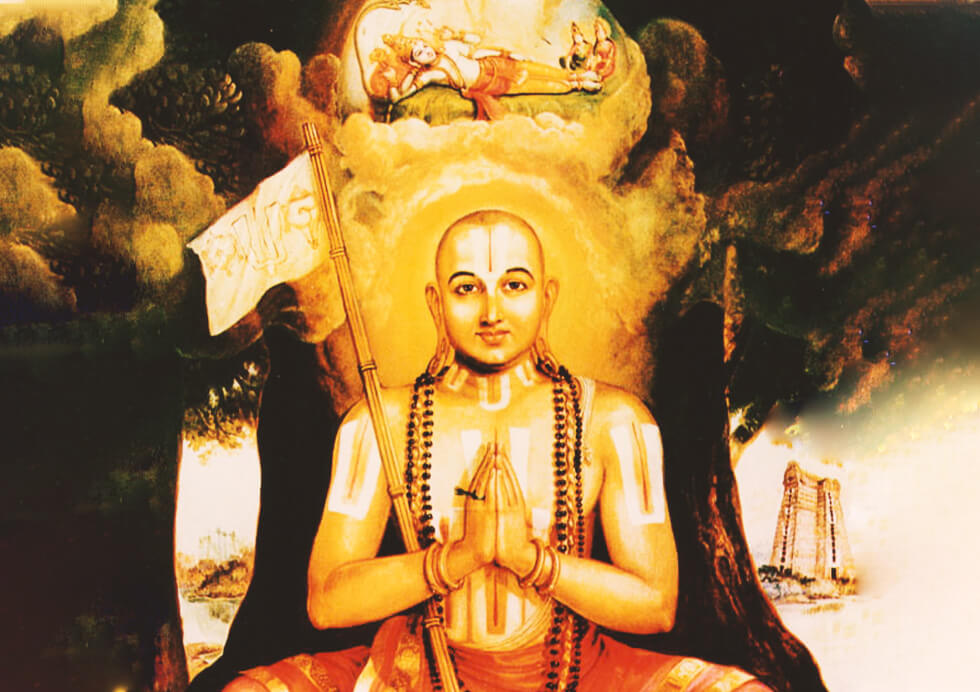
Early Life and Education
Sri Ramanuja was born into a Brahmin family in the village of Sriperumbudur, near Chennai. His father was a scholar of the Vedas, and Ramanuja received a traditional Hindu education. As a young man, he became attracted to the study of Vedanta, a school of Hindu philosophy that deals with the nature of reality and the ultimate goal of human existence.
Discipleship and Differences
Sri Ramanuja initially studied under the renowned Vedanta scholar Yadava-Prakasa. However, Ramanuja eventually disagreed with Yadava-Prakasa’s interpretation of Vedanta, which emphasized the impersonal nature of Brahman (the ultimate reality). Ramanuja, on the other hand, believed in a personal God who could be worshiped and loved. This difference in opinion led to a break between Ramanuja and Yadava-Prakasa.
Yamunacharya and Vaishnavism
After leaving Yadava-Prakasa, Ramanuja came under the influence of Yamunacharya, another important Vaishnava teacher. Yamunacharya introduced Ramanuja to the teachings of the Alvars, Tamil poets who expressed their devotion to Vishnu in beautiful hymns. Ramanuja was deeply inspired by these hymns, and they played a significant role in shaping his own understanding of Vaishnavism.
Establishment of Sri Vaishnavism
Ramanuja went on to become the leader of the Sri Vaishnava school of Hinduism. He wrote a number of important commentaries on Hindu scriptures, including the Bhagavad Gita and the Vedanta Sutras. In these commentaries, Ramanuja argued for a qualified monism, in which Brahman is seen as both one and many. He also emphasized the importance of devotion to Vishnu as a means of attaining liberation.
Sri Ramanuja's Legacy
Sri Ramanuja’s teachings had a profound impact on Hinduism. He helped to popularize the worship of Vishnu and to make Vaishnavism a major Hindu tradition. His commentaries on the scriptures are still studied today, and his ideas continue to inspire devotees around the world.

